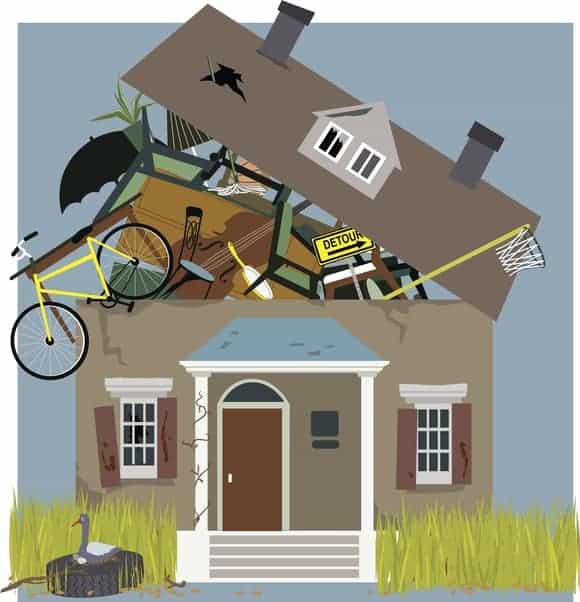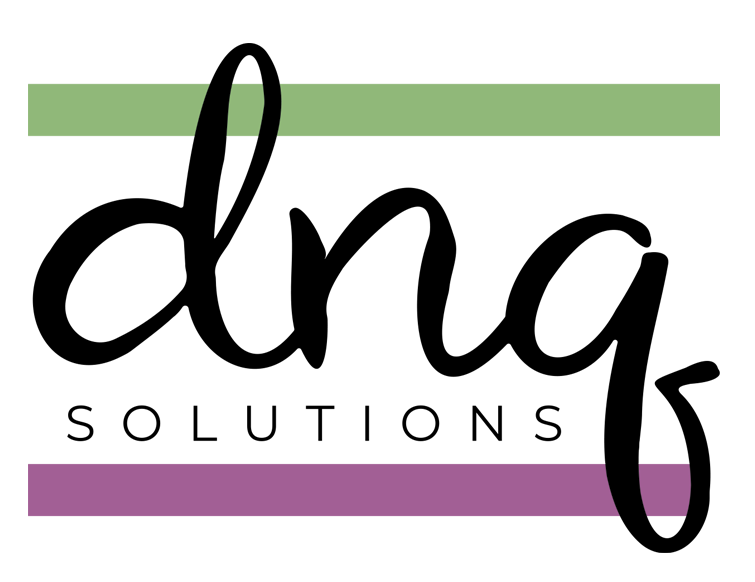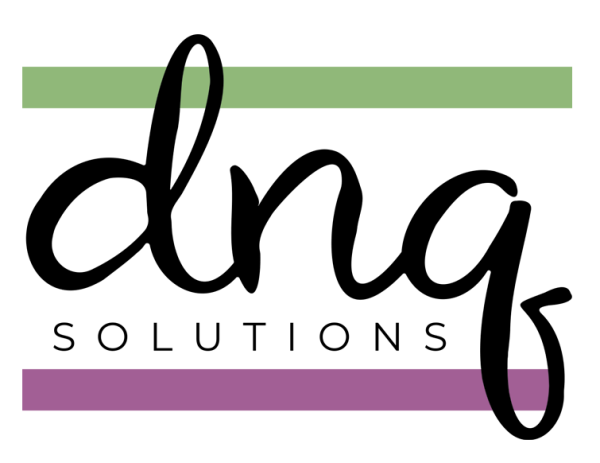
Over the next few months, we will be interviewing professionals who work with the hoarding population. We are asking them to share their insight on people who hoard and people who think they have the hoarding disorder.
We recently interviewed Ann Zanon. Ann is a compassionate hoarding expert with over 8 years of experience working with the hoarding population. She is a member of the Institute for Challenging Disorganization (ICD) where she holds several certificates of study in methods of working with clients who hoard. After her move to Houston, Texas last year, she discovered that the laws in Houston relating to hoarding are sadly insufficient and is collaborating with other professionals to start a Houston Hoarding Task Force to make some changes. She is planning a full-day workshop in 2020 to help educated people who work and/or live with people who hoard. She is a member of a mastermind group which focuses on education and sharing hoarding remediation methods. She also has set up a Special Interest Group focused on Hoarding through the National Association for Productivity and Organizing Professionals (NAPO),
Ann has a heart for serving people, working hard, and helping her clients achieve their goals. Besides being a Certified Professional Organizer®, she is also a wife, mother of three grown children, and formerly owned a bakery.
Questions and Responses
What training have you taken?
The majority of my training has come through ICD (The Institute for Challenging Disorganization) where I have earned most of the certificates offered. I have also earned my NAPO (National Association of Productivity and Organizing Professionals) CPO® (Certificate for Professional Organizers). My first training was working in an informal mentoring situation under Faith Manierre, CPO-CD® in Connecticut.
What percentage of your clients do you suspect have hoarding tendencies?
I have moved now and so my clientele has changed. When I was in Connecticut, I would say it was about 75% – 80%. However, not all were diagnosed with hoarding disorder.
As you start working, are there times when you discover this is something other than hoarding?
I do. I’ve had clients with severe ADHD and many clients suffering from depression and anxiety. In Connecticut, I worked with a lot of clients with PTSD due to the 9/11tragedy and Sandy Hooks shooting. I have also worked with clients challenged by bi-polar disorder and one client who had Borderline Personality Disorder plus other issues.
What tool do you use to determine the amount of clutter?
At first, I used the ICD Clutter-Hoarding Scale® and I love how inclusive it is. But many clients don’t have the bandwidth to follow that scale so I often use the Clutter Image Rating Scale developed by the International OCD(Obsessive Compulsive Disorder) Foundation and Dr. Randy Frost.
How do you determine if the working area is safe for you and your client?
I rely on both my visual and tactile senses. I worked in one house where there were 34 cats downstairs but that was OK because the downstairs area was set up as a shelter and was staffed and very clean. But upstairs she was taking care of some hospice cats and this area was not clean and you could both see and feel where cats had sprayed and urinated. So, we had to dress accordingly and use gloves and masks for our safety. I also talk and listen to the client for any clues that something might be unsafe.
Do you usually work alone or with a team? If you work with a team, who do you want on your team?
In Connecticut I always worked alone. Clients are so embarrassed to even have one person in and I did not like them to have to face more than one. Here in Texas I sometimes use a team, especially if we are in a time crunch.
Would you be willing to share something you learned – maybe the hard way from a client?
Never assume anything is trash. I had one gentleman I was working with and on top of his dresser there were little round paper balls all wadded up. I started tossing them into the trash when he turned around and stopped me. These little paper balls were a fidget thing – tactile objects he kept in his pockets that he played with to help him focus.
What advice would you give someone who is considering going into the field?
Whenever someone is coming into the profession, I tell them to get the education necessary to be successful for yourself and your client. Look at your motivation as to why you are doing this.
I was working once with a woman in her 50s. She had 2 children and her husband was straying. Her daughter told her she was marrying another woman and that they were both having babies. Her son got married to his High School sweetheart (who the woman adored) and then quickly got divorced. Her world had turned upside-down in a matter of a just a few months and the stress of these changes were more than she could handle. The woman was very depressed and cried a lot.
I came home and cried each day. The lesson here is that you must learn to take care of yourself. I learned to work with my heart when I was with the client but then get into my head when I was at home. Find out who can help you with restoring your heart after you leave a client.
Do you have a shareable list of resources for people challenged by hoarding or their families?
This is something I am working on. I will have resources up on my website soon.
Thank you very much for this fabulous time spent together learning more about the work you do.
If you are or if you know a professional who works with people with hoarding tendencies, please feel free to get in touch with us. We’d love the opportunity to talk with you, too!
Diane N. Quintana is a Certified Professional Organizer, Certified Professional Organizer in Chronic Disorganization, ICD Master Trainer and owner of DNQ Solutions, LLC based in Atlanta, Georgia. Diane teaches busy people how to become organized and provides them with strategies and solutions for maintaining order in their lives. She specializes in residential and home-office organizing and in working with people challenged by ADD, Hoarding, and Chronic Disorganization.
Jonda S. Beattie is a Professional Organizer and owner of Time Space Organization based in the Metro-Atlanta area. As presenter, author of three books as well as a retired special education teacher, she uses her listening skills, problem solving skills, knowledge of different learning techniques, ADHD specialty, and paper management skills to help clients tackle the toughest organizational issues. Jonda does hands on organizing, virtual organizing, and moderates a Zone Plan Teleclass for those who prefer to work on their own with organizational coaching.


Thank you Diane and Jonda for your time interviewing me. I hope that my responses will help someone who is struggling.